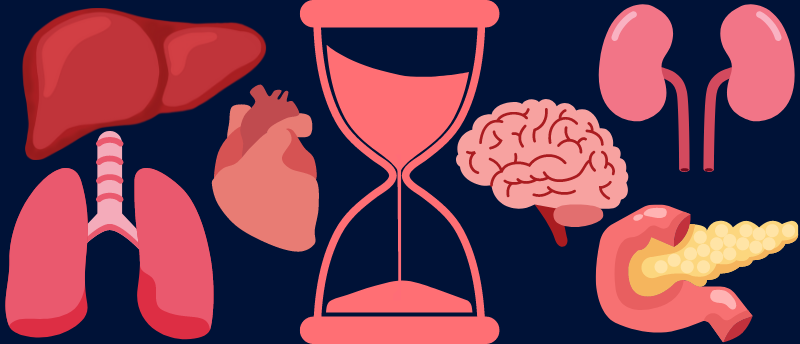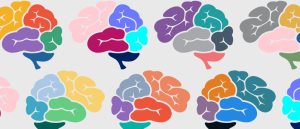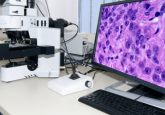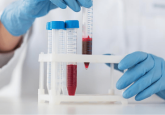How old are your organs really?

Scientists have developed a method for identifying which organs are rapidly aging in otherwise healthy individuals.
It turns out that organs age at different rates and healthy individuals can still experience advanced organ aging. According to a study led by researchers at Stanford Medicine (CA, USA), 18.4% of healthy individuals over 50 years old have at least one organ aging more rapidly than the others. The team developed an analysis technique based on protein levels in the blood that can illuminate which organs are aging rapidly before clinical symptoms appear, potentially guiding early therapeutic interventions before developing a disease.
In this study, the team was able to use a blood test and an algorithm to assign ages to 11 key organs, organ systems or tissues, including heart, fat, lung, immune system, kidney, liver, muscle, pancreas, brain, vasculature and intestine, for each participant. They assessed the levels of thousands of proteins in blood samples collected from individuals aged 20–90, with the majority being in the middle to late stages of their lives. They then determined the organ origins of nearly 1000 proteins, connecting aberrant protein levels to their corresponding organs’ accelerated aging.
They achieved this by flagging all proteins that’s gene activity was four-times greater in one organ compared to the others. The team trained a machine-learning algorithm to determine which proteins were displaying higher protein expression and then guess the age of the individual based on their protein profile. With this information, the team assigned each organ an ‘age gap’, the difference between an organ’s actual and estimated age.
 What do traumatic memories look like?
What do traumatic memories look like?
A new study shows that when individuals with PTSD recall traumatic events, each person displays different brain activity, which is markedly different from when they recall a sad or neutral memory.
“When we compared each of these organs’ biological age for each individual with its counterparts among a large group of people without obvious severe diseases, we found that 18.4% of those age 50 or older had at least one organ aging significantly more rapidly than the average,” reported senior author Tony Wyss-Coray. “And we found that these individuals are at heightened risk for disease in that particular organ in the next 15 years.”
Those organs found to be aging more quickly than others by the algorithm carried a 15–50% higher mortality risk over the 15 years post protein profiling, depending on the organ identified as ‘at risk’. “If we can reproduce this finding in 50,000 or 100,000 individuals, it will mean that by monitoring the health of individual organs in apparently healthy people, we might be able to find organs that are undergoing accelerated aging in people’s bodies, and we might be able to treat people before they get sick,” concluded Wyss-Coray.
By identifying the organ-specific proteins involved in accelerated organ aging and, therefore, increased disease risk, the team believes that these markers could be druggable targets. Knowing which organs are under aging pressure while an individual is otherwise healthy could also allow healthcare professionals to intervene early.





